Vimal Kapur, Chairman and CEO of Honeywell International, emphasized the crucial role CEOs play in creating jobs and adapting to the rapidly evolving landscape of work. In a recent commentary, Kapur highlighted the transformative impact of Artificial Intelligence (AI) on the workforce, urging CEOs to rethink how they prepare future workers.
According to a report by the McKinsey Global Institute, AI is expected to automate up to 800 million jobs globally by 2030, displacing workers in various sectors. However, the same report also predicts that AI will create 140 million new jobs, primarily in fields such as data science, AI development, and deployment. This shift underscores the need for CEOs to invest in upskilling and reskilling programs that equip workers with the skills required to thrive in an AI-driven economy.
In the United States alone, the AI market is projected to reach $190 billion by 2025, growing at a compound annual growth rate (CAGR) of 38.5%. This rapid expansion is driven by the increasing adoption of AI technologies in industries such as healthcare, finance, and manufacturing. As AI continues to transform the workforce, CEOs must prioritize the development of a skilled and adaptable workforce that can keep pace with technological advancements.
Honeywell International, under Kapur's leadership, has been at the forefront of AI innovation, leveraging the technology to drive business growth and improve operational efficiency. The company's experience serves as a model for other organizations seeking to navigate the challenges and opportunities presented by AI.
As AI continues to reshape the workforce, CEOs must take a proactive approach to preparing their employees for the future. This includes investing in AI-related education and training programs, fostering a culture of lifelong learning, and prioritizing diversity and inclusion to ensure that workers from all backgrounds have access to the skills and opportunities needed to succeed in an AI-driven economy.
Looking ahead, the future of work will be shaped by the intersection of AI, automation, and human skills. CEOs who prioritize upskilling and reskilling programs, invest in AI research and development, and foster a culture of innovation and experimentation will be well-positioned to thrive in this new landscape. As Kapur noted, "CEOs are central to creating jobs," and it is their responsibility to ensure that the workforce is equipped to meet the challenges and opportunities presented by AI.
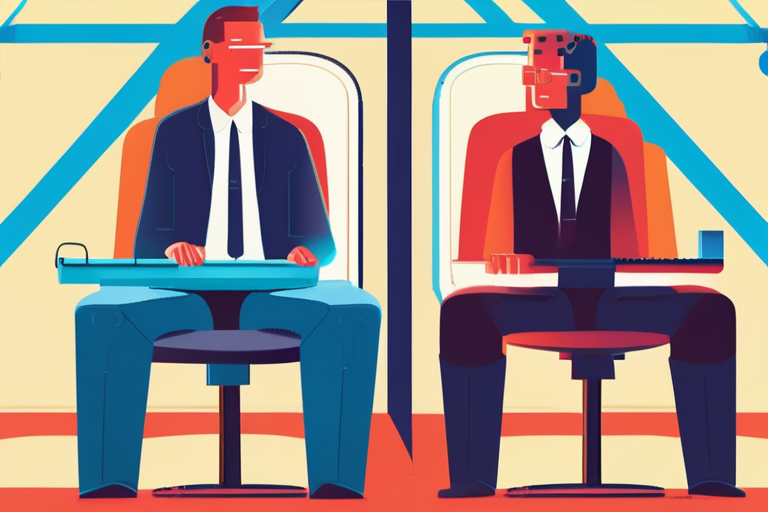



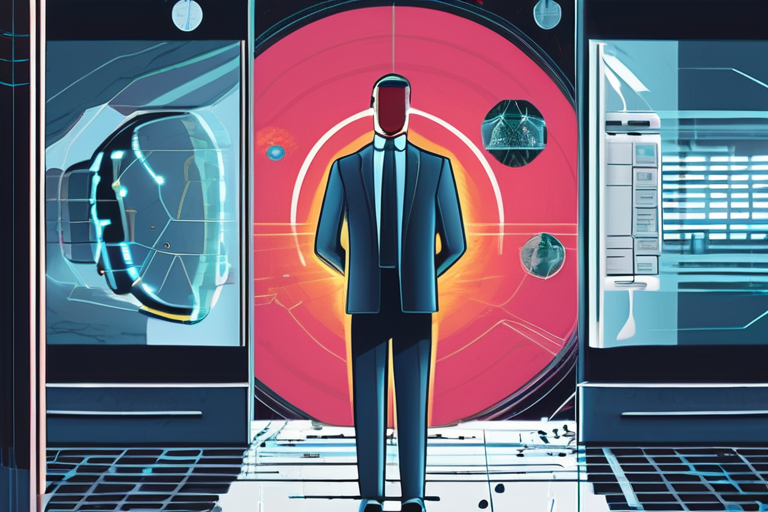


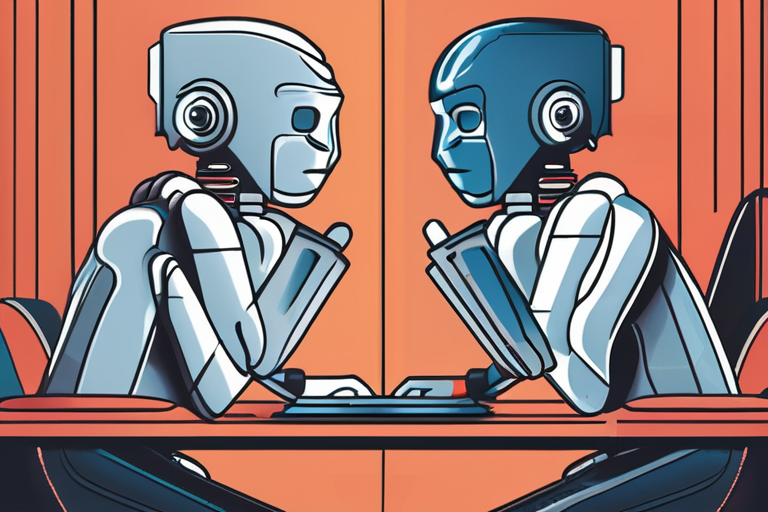
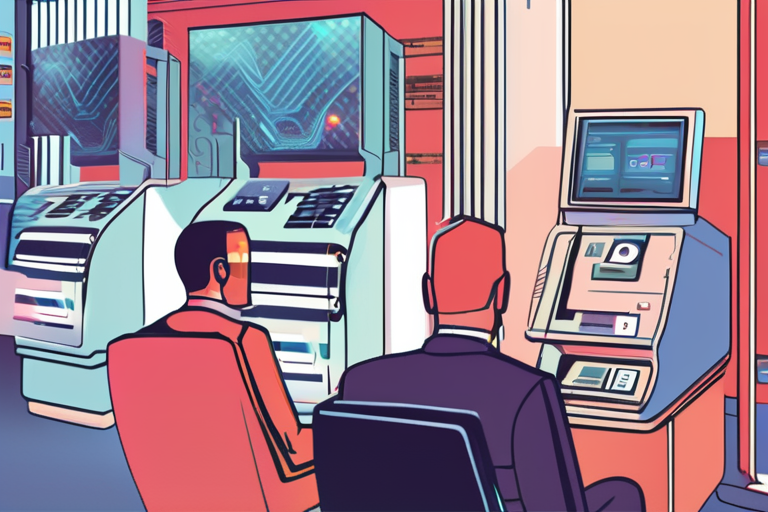

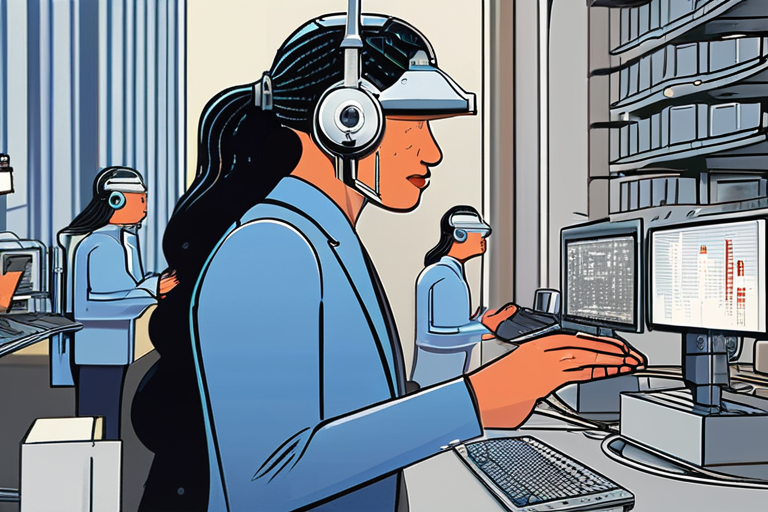
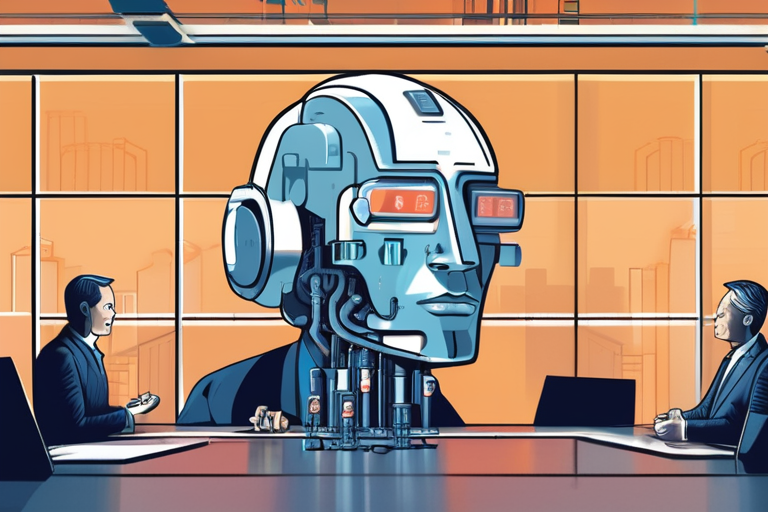
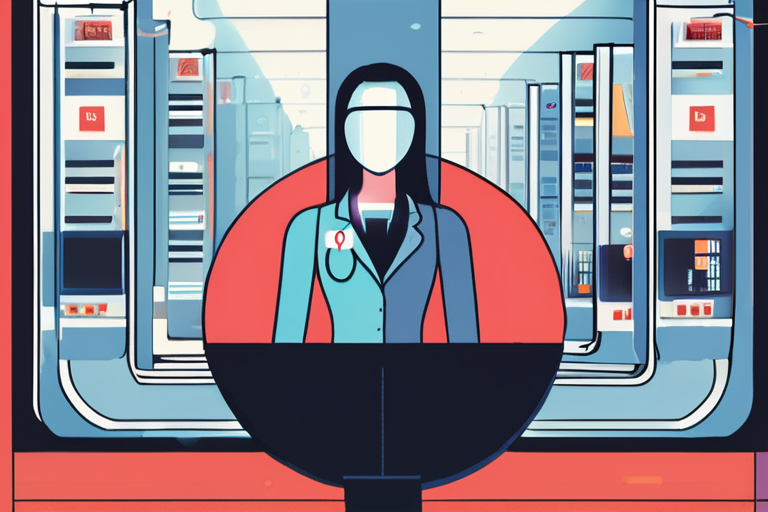

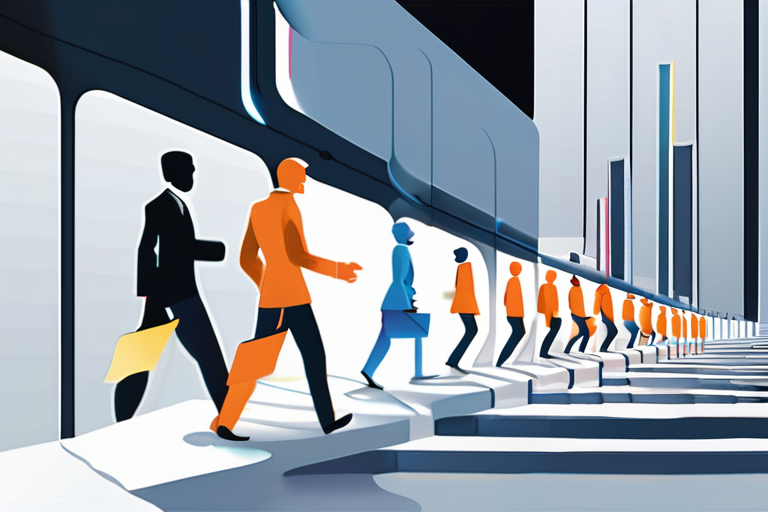

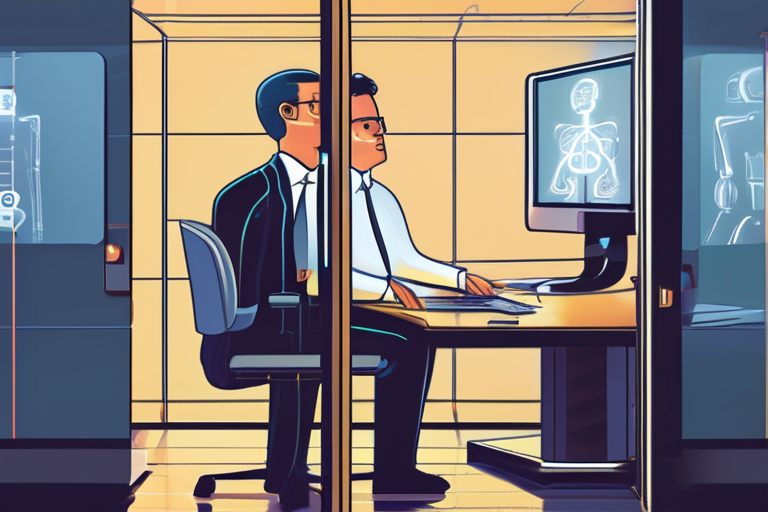


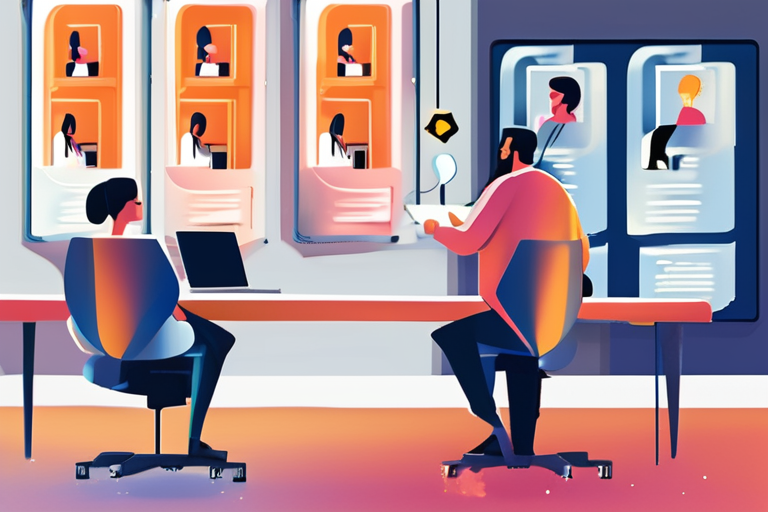




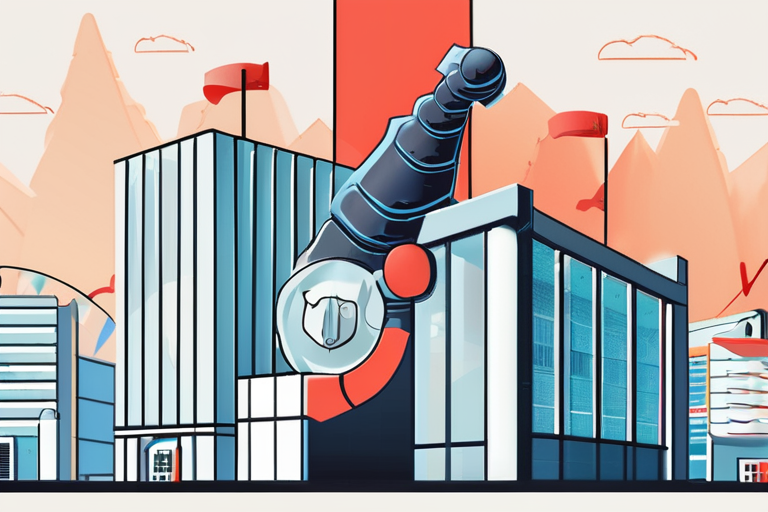

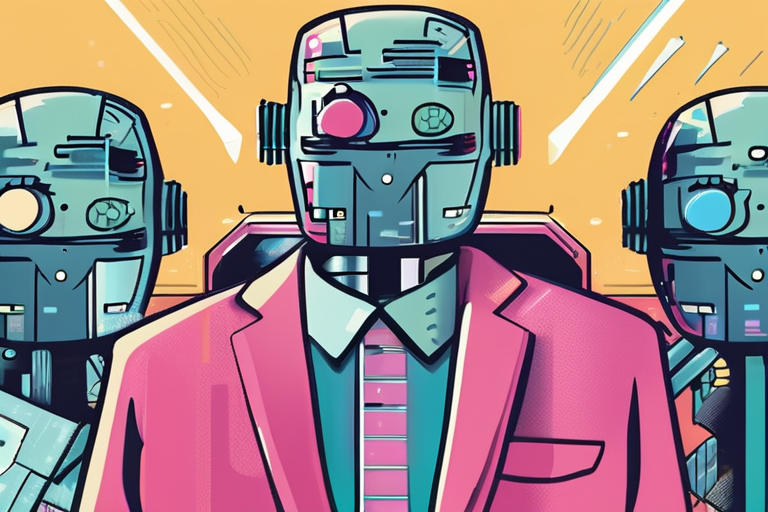
Share & Engage Share
Share this article